Berlin, capital of nightlife
For decades, Berlin has attracted those who are not looking for a city, but an emotion. As soon as the sun sets, it changes its face: lights flicker behind the windows of old buildings, people laugh, chat and drink in front of kiosks. Between bars, clubs and street scenes, a rhythm of life emerges that defies routine. Here, people who would never meet during the day find themselves on equal footing for a few hours.
Berlin nightlife is not an offering, it is an attitude. Old factories vibrate to the beat of the bass, while a few streets away, waiters in white shirts place cocktails on marble tables. Between these two worlds, there are no boundaries, only curiosity. The city demands nothing: it offers a space for music, closeness and the feeling that night is the most sincere part of life.
Friday evening: the start of Berlin nights
When the sun disappears behind the rooftops, Berlin begins to breathe. In Kreuzberg, Friedrichshain and Neukölln, doors open, letting music, voices and smells spill out onto the streets. The first beers are drunk on the pavements while the bars fill up. Here, bankers and tattoo artists, tourists and locals come together, united by a common desire: to leave the working day behind.
In Weserstraße, jazz, techno and bottled beer are never far apart. Kreuzberg remains hushed, familiar, almost intimate; Friedrichshain, on the other hand, is noisier, faster, more impatient. No one plans how the evening will end: you just go with the flow, from bar to bar, from glance to glance. Berlin works better without a plan, because the unexpected often becomes the most important thing.
Between excess and expression: the Berlin club scene
Going out in Berlin means entering a world without fixed rules. In clubs, music, bodies and time merge into a single universe. The air is warm, faces blur, rhythm replaces words. Here, the outside world ceases to exist.
Clubs like Berghain, Sisyphos and Kater Blau are now part of the city’s cultural DNA. Entry is not determined by what you wear, but by your attitude. Inside, there is an unspoken code: everyone can be who they want to be. People dance, they keep quiet, they laugh, but they don’t judge each other.
Yet style plays an important role in Berlin’s nightlife. Fashion is part of the language of the night, but in a way that is unique to Berlin. Brands matter little; attitude matters most. Black dominates: sober, strong, almost uniform. It is the colour that runs through the city and its nights, a symbol of freedom and unspoken belonging. Even fashion journalists have noticed: Berlin nightlife has created its own aesthetic. The article The Night is Black explores this relationship between style, identity and nightlife culture.
Excess is not an end in itself. It’s about freeing yourself from everyday life and seeking a moment that needs no explanation. The club culture reflects the city: raw, direct, without pretence. It shows that Berlin is not just a backdrop, but a state of mind.
Pleasure and freedom: Berlin’s sensual side
In Berlin, sexuality is not whispered about. It is visible, but never intrusive. Eroticism is part of the urban landscape, just like street art or music. In some bars, latex rubs shoulders with leather; elsewhere, couples flirt without attracting attention. Desire is not a secret, it is an expression of freedom.
The city offers a space for every desire: fetish parties, saunas, private encounters, or parties for couples. This openness is based on a simple idea: no one has the right to judge, as long as respect is maintained.
In Germany, sex work is legal and regulated, which guarantees safety and transparency. Those interested in erotic encounters can find a detailed overview of what’s on offer in German cities online at hot.de. Germany’s open approach to sexuality shows that eroticism is not a hidden market, but an accepted and responsible part of the culture. Berlin embodies this attitude better than any other city: open, respectful and free of hypocrisy.
The morning after: Berlin at first light
With the first light of dawn, the city changes, but it does not fall silent. In some streets, the air smells of freshly ground coffee, while elsewhere, the bass still resonates. In front of the cafés in Prenzlauer Berg and Berlin-Mitte, people linger, their make-up smudged, their movements slow, while a few tube stops away, the dancing continues. In Berlin, Sunday morning doesn’t mean the weekend is over. For many, it’s just beginning.
After-hours clubs welcome those who have no reason to stop. The music becomes softer, the atmosphere more intimate. Strangers embrace, conversations blend into the rhythm. Outside, dawn is breaking; inside, the night continues. The city allows for both: fatigue and intoxication.
Berlin has no set hours. Here, no one decides when it’s time to call it a night. Some go for breakfast, others order one last drink. Sunday belongs to everyone: the exhausted, the happy, the insatiable. And somewhere, between laughter and silence, a new night is already beginning.
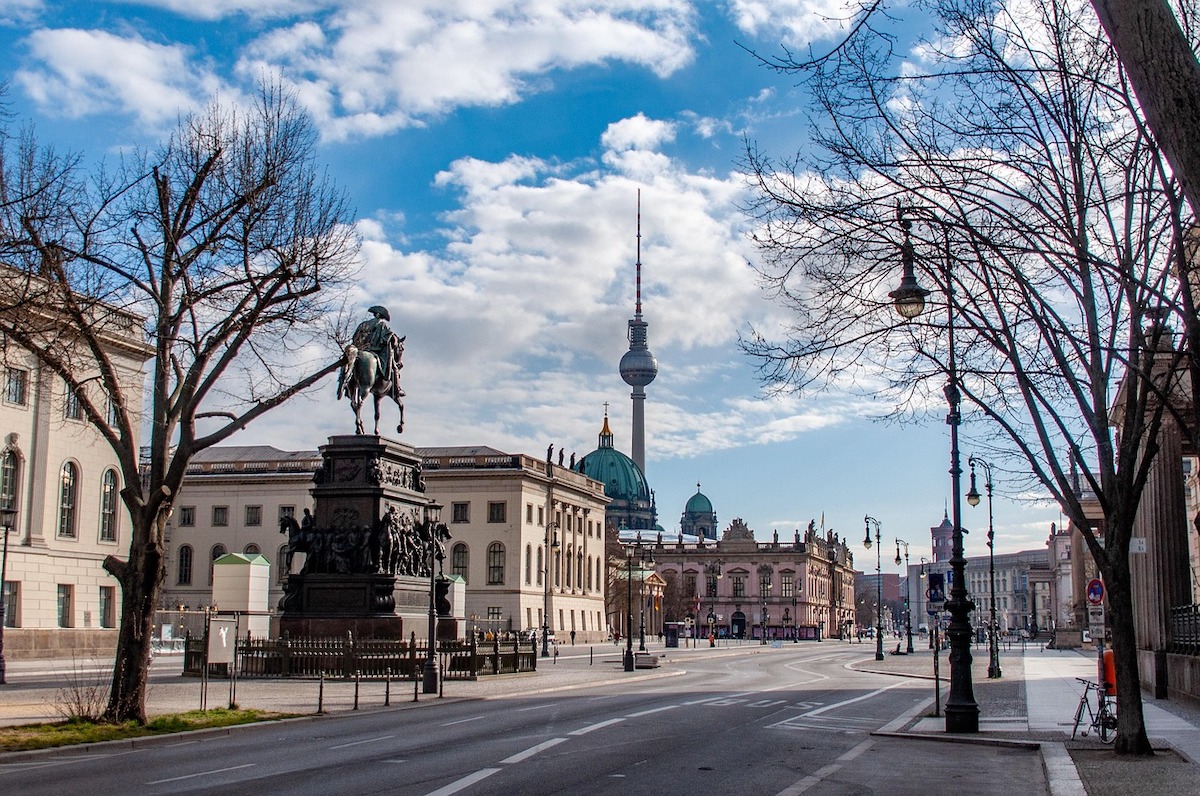
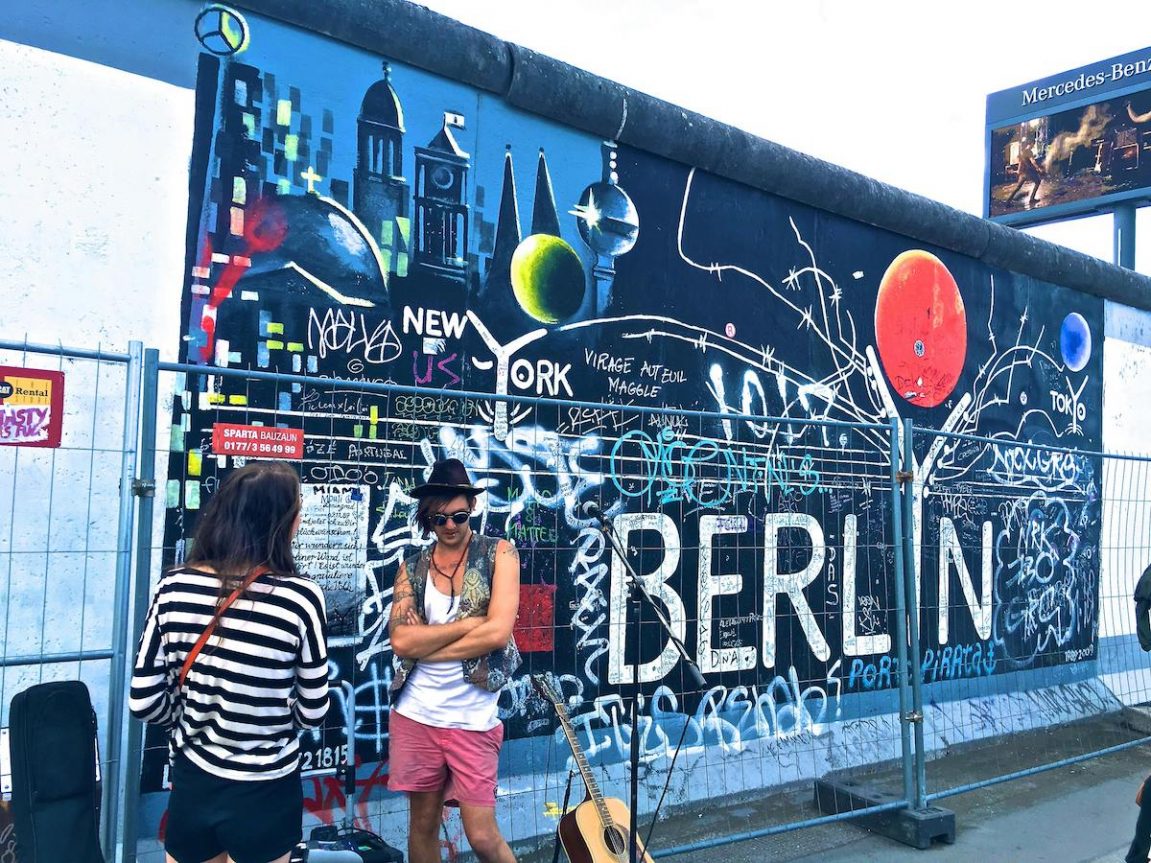
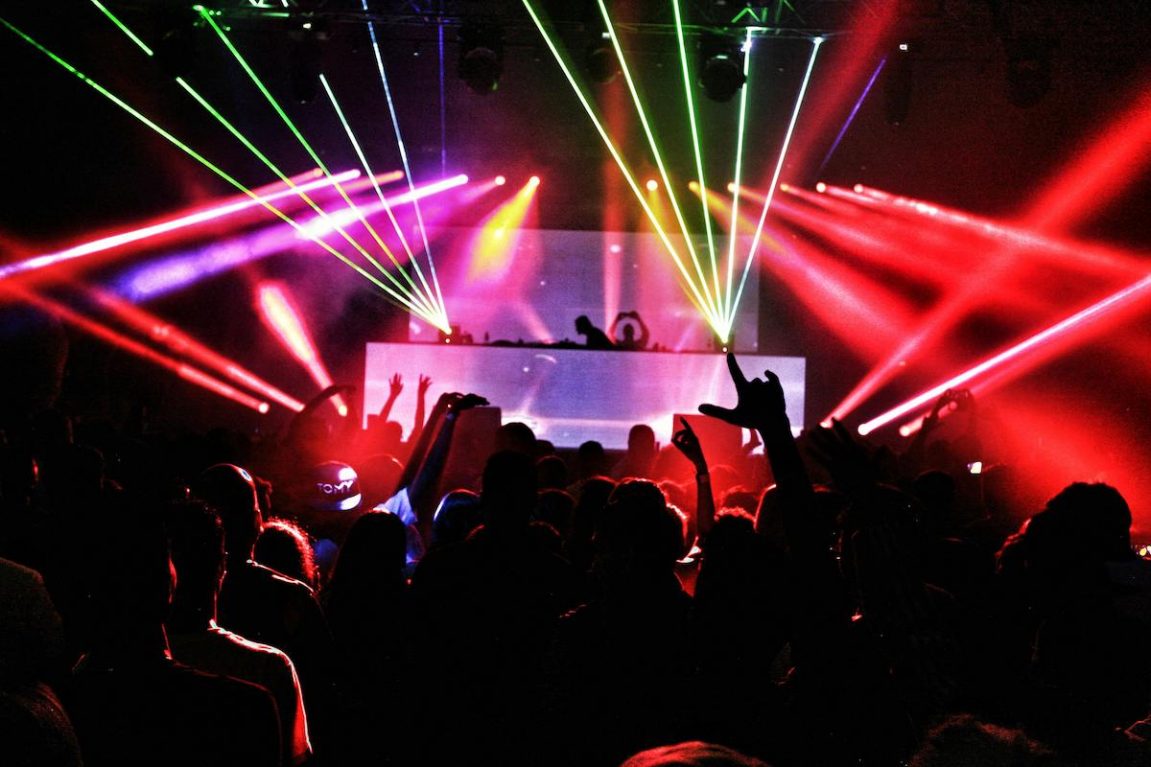



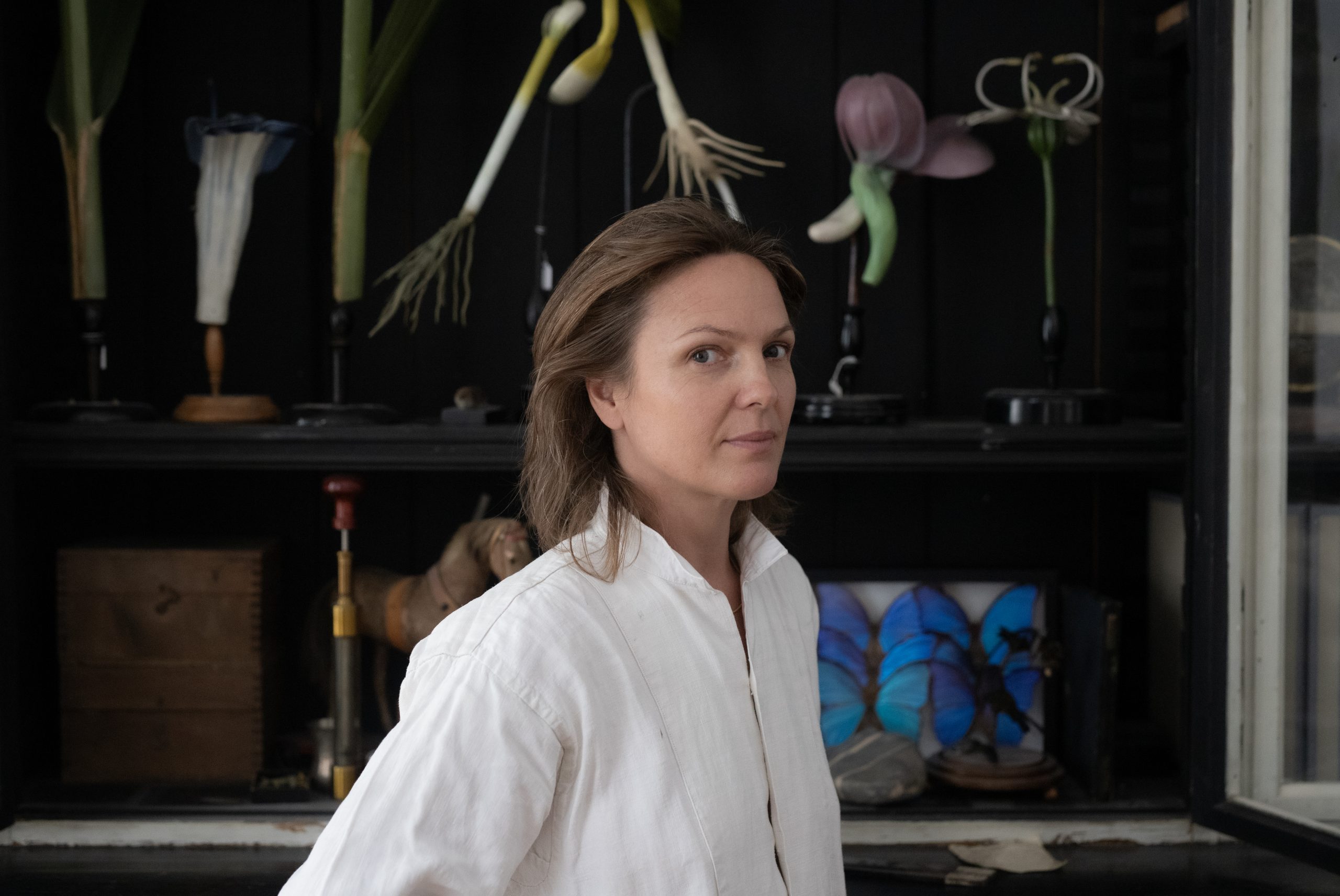






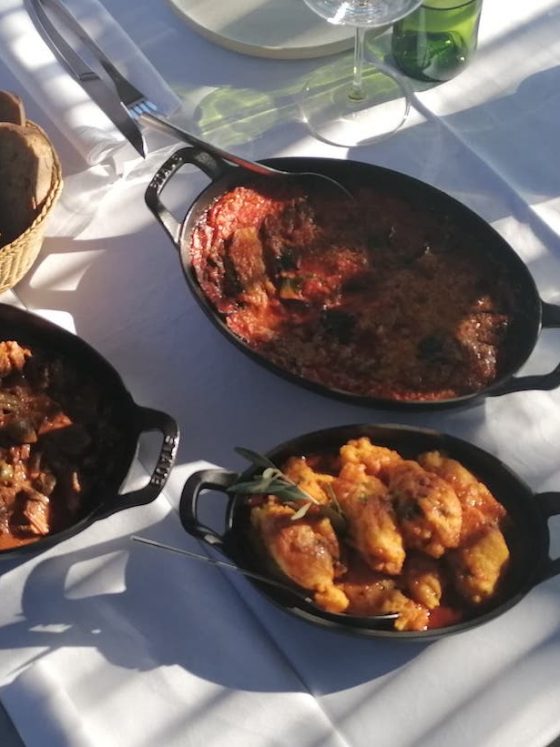









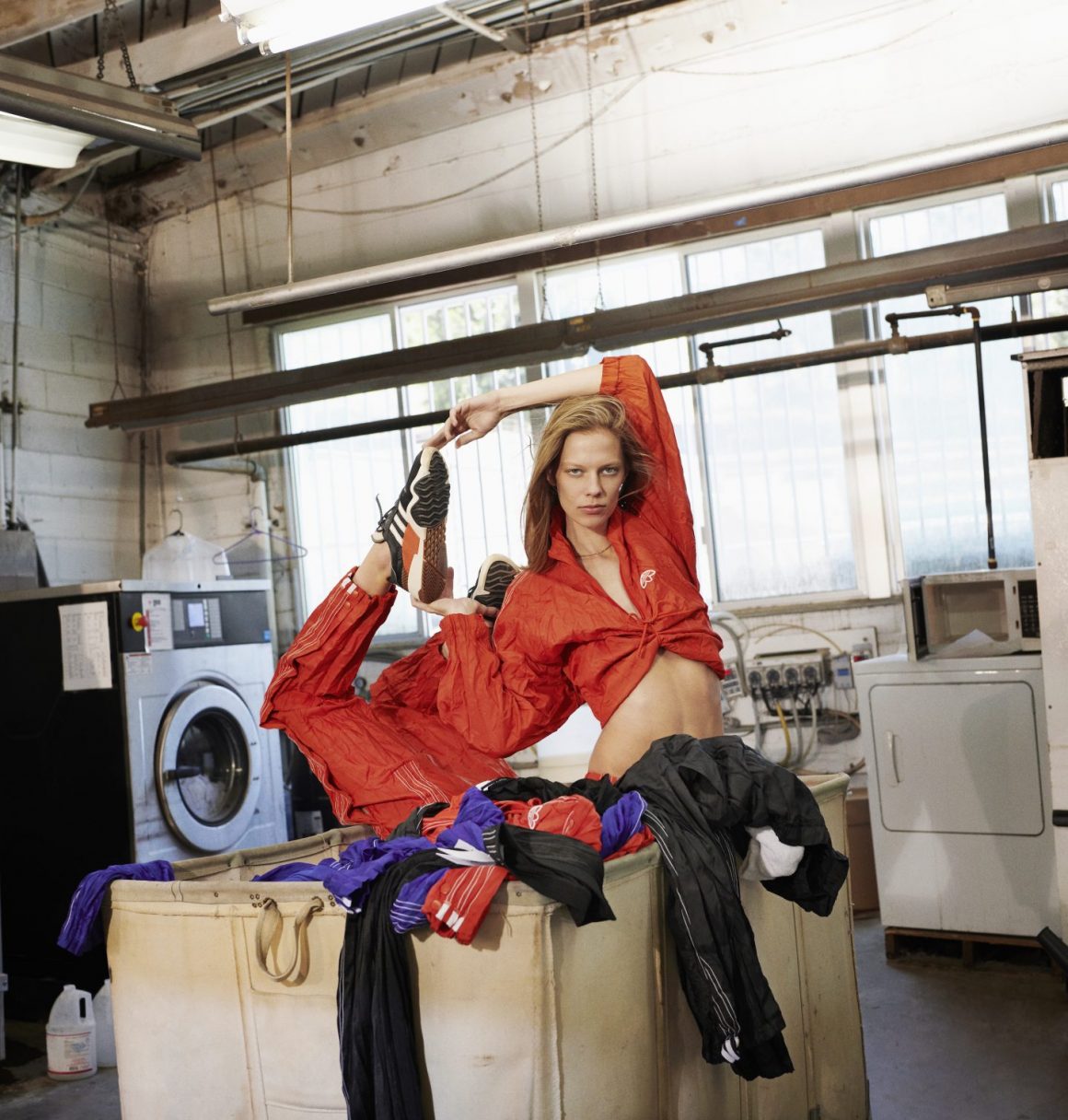



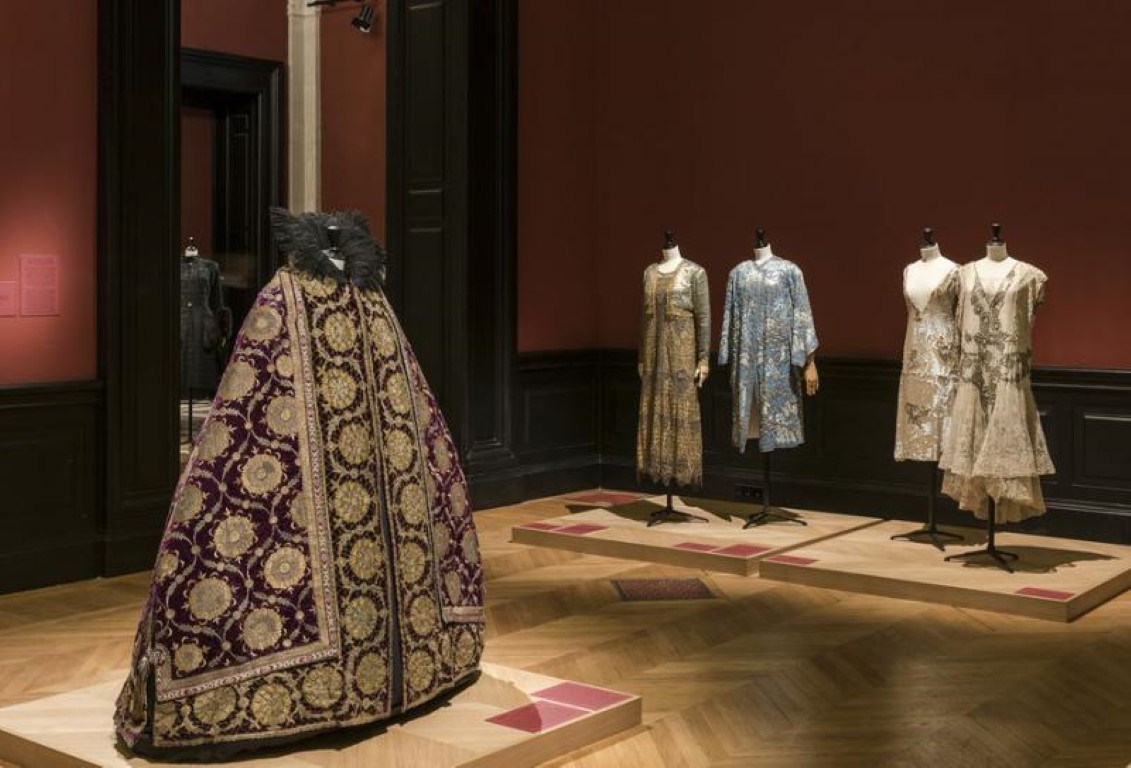

Follow us on Instagram